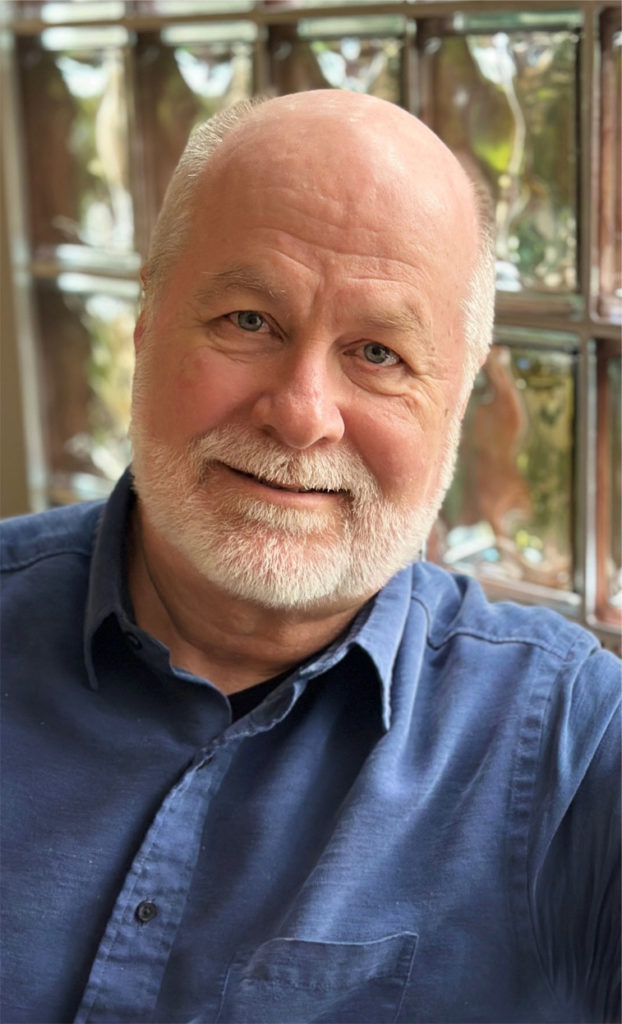Emotionally Focused
Therapy
Individuals & CoUPLES
Do you seem to be caught in a cycle of constant conflict over the same issues? Do you live with a sense of isolation from your partner? Do you struggle with anger, anxiety, or depression? Take the first step towards healing today.

Mike Ford
Marriage & Family Therapy
8008 Slide Rd Suite 15
Lubbock, TX 79424-2828
About Mike Ford
With over forty years of experience in pastoral and professional counseling, I have come to understand that addressing relational challenges requires more than just acquiring new problem-solving skills. My approach focuses on tapping into an individual’s or couple’s inherent resources and strengths, guiding them to experience each other in new and positive ways rather than dwelling on individual dysfunctions.
My ultimate objective in marriage counseling is to foster a renewed sense of connection and safety as couples navigate life’s inevitable challenges. When counseling with individuals I use a Process Experiential approach to help them gain insight and reorganize their experiences in order to create new patterns of dealing with the challenges they face in life and in relationships. Having lived in Brazil as a missionary for nearly three decades, I am bi-cultural and fluent in Portuguese, adding a unique perspective to my practice.
Areas of Practice
- Conflict
- Emotional Distance
- Infidelity
- Intimacy Issues
- Divorce/Separation
- Trust
- Depression
- Anxiety
- Panic Attacks
- PTSD
- Grief
- Anger
Frequently Asked Questions
Ask any veteran couple and they will tell you, “A good marriage takes work.” The vast majority of couples experiencing divorce never seek counseling to help with their issues. Unfortunately, even those couples who do seek marriage therapy generally wait six years from the first signs of distress. In my experience, couples at this stage tend to have deeply rooted negative patterns that end up taking more time and effort for change to occur. The obvious conclusion, then, is the sooner a couple seeks help, the better chance they have for counseling to aid in improving their relationship. So, if your are wondering how to tell if your marriage is in trouble here are a few of the distress signals indicating the potential need for marital therapy?
1) Difficult conversations lead to the same negative patterns of escalated emotions and shutting down.
2) Certain topics are avoided because they tend to end in unresolved conflicts.
3) There is a prevalent sense of alienation and isolation in the relationship.
4) Infidelity (sexual or emotional affair, pornography) has been committed or considered.
If you are experiencing any of the above dynamics in your relationship you could benefit from seeking help from an experienced counselor. Trained in Emotionally Focused Couples Therapy, I have helped couples work through issues involving unresolved conflict, infidelity, distrust, addiction and intimacy. Even if you are on the brink of divorce counseling may be able to help recover and begin to build a healthier, more satisfying, and secure relationship.
No. I also do premarital work with couples and work with unmarried couples struggling with difficulties in their relationship.
No. I have specialized in working with adults dealing with either emotional or relational issues.
$120 Per Session
I do not take insurance
55 Minutes
My Approach
to Marriage Therapy
Do you find yourself caught in a cycle of constant conflict over the same issues? Do you live with a sense of isolation from your partner? When upset, do you struggle with the decision to risk being hurt attempting closeness or to remain distant and alone out of self-protection? As you reflect on your relationship is it your desire to rediscover a sense of safe connection and intimacy with the person you love?
Marriage counselors past solutions of teaching couples communication skills and conflict management have proven to be less than adequate in producing lasting change. After a short period of success old habits tend to resurface. The result is a marriage overshadowed with dying hope and increasing despair. Within the Emotionally Focused Therapy community new research continues to emerge offering renewed hope for distressed marriages.
Romantic love is not merely a commitment, nor is it a cost/benefits negotiation. It is an intimate bond that creates a sense of safety and security. When this bond is threatened a sense of insecurity and anxiety replaces the passion and peace. A negative cycle of conflict, blame, and withdrawal ensues. In Emotionally Focused Therapy (EFT), rather than see one or the other partner as the problem needing to be fixed, the relationship itself becomes the client. With EFT, marriage counseling is an exploration of a couple’s pattern of negative interactions and the rebuilding of trust which eventually lead them to a renewed sense of comfort and ease of being wholly present with each other. Studies have shown that with EFT couples not only renew the romantic bond during the process of couples therapy but, long after completing therapy, they continue to grow in their sense of security and satisfaction in the relationship.
